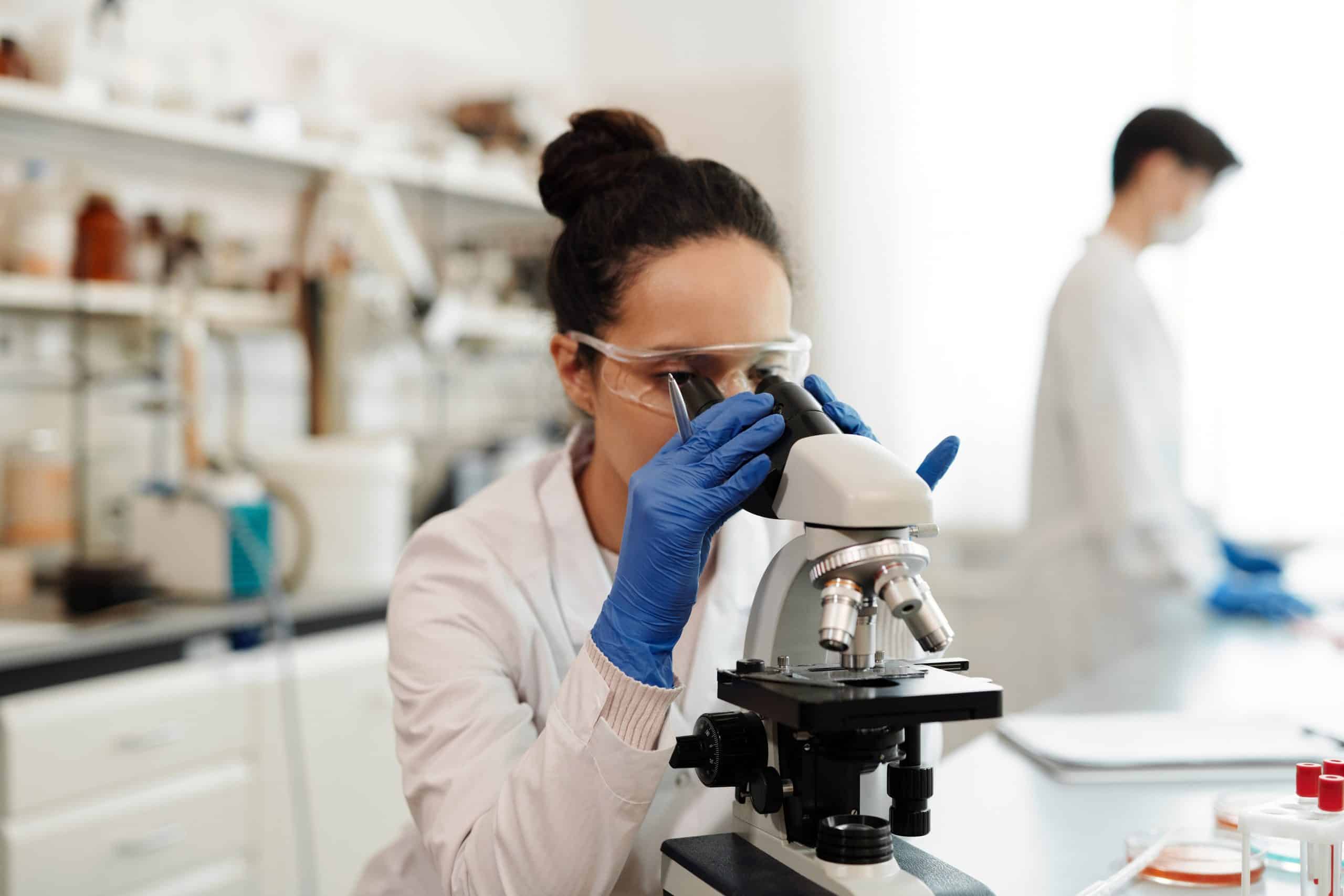Gene-editing using the groundbreaking CRISPR technology is about to be put to the test in the first-ever clinical trial of the treatment in humans. CRISPR is a protein in bacteria that can be used to manipulate genetic material to, according to Jennifer Doudna, who won last year’s Nobel Prize in Chemistry for the development of CRISPR technology, “alter[] DNA sequences in any cell in a precise fashion, in a programmable fashion.” This remarkable technology has the potential to eliminate all genetic disorders and is already delivering results that scientists say were unimaginable just a few years ago.
As is observed in the Netflix documentary series “Unnatural Selection,” we are now “doing science fiction science,” and have been thrust more quickly than we expected into a new world in which our genetic blueprints can be tweaked and optimized. Many bioethicists see such interventions as a potentially dangerous affront to the natural order, opening a Pandora’s Box of potentially disastrous outcomes we can’t begin to predict.
Yet, it is not at all obvious what the term “natural” means or ought to mean, particularly within the context of a human history defined by technological interventions that necessarily restructure natural reality. We may wonder, for example, whether the domestication of grains was natural, whether the use of vaccines to conquer smallpox and polio was natural, whether turning wolves into dogs tens of thousands of years ago was natural, whether using our knowledge of genetics to safely increase the quality and quantity of our crops was natural, whether the very practice of medicine as we know it today is natural, etc.
Read the rest of this article at The Hill
































